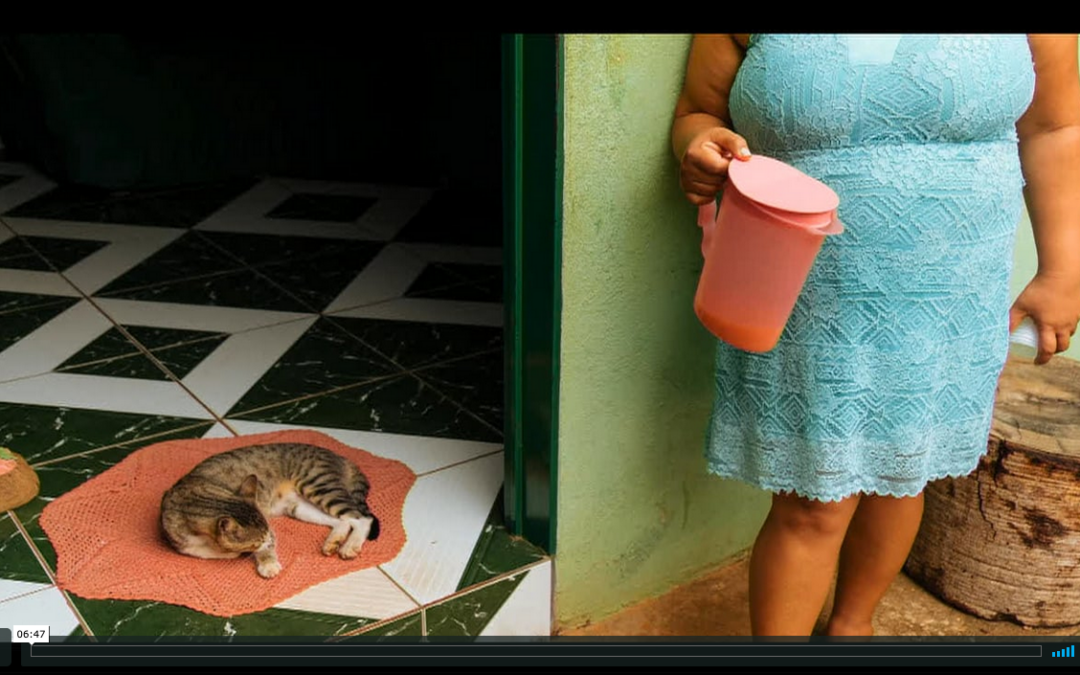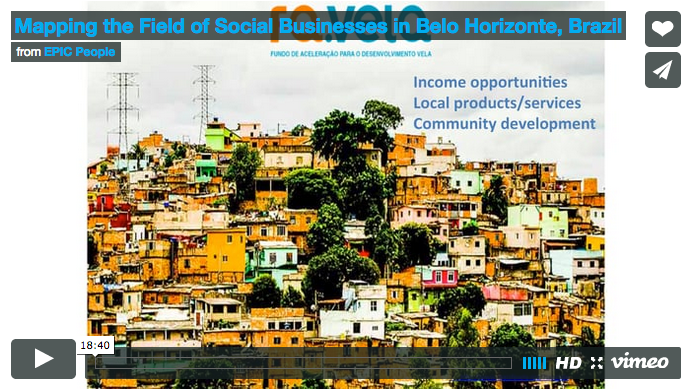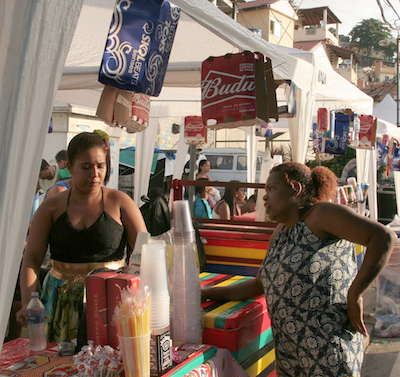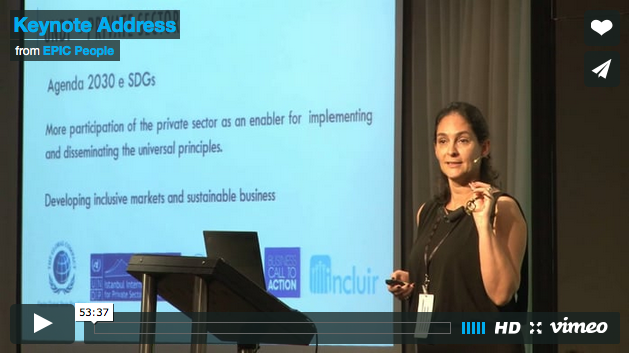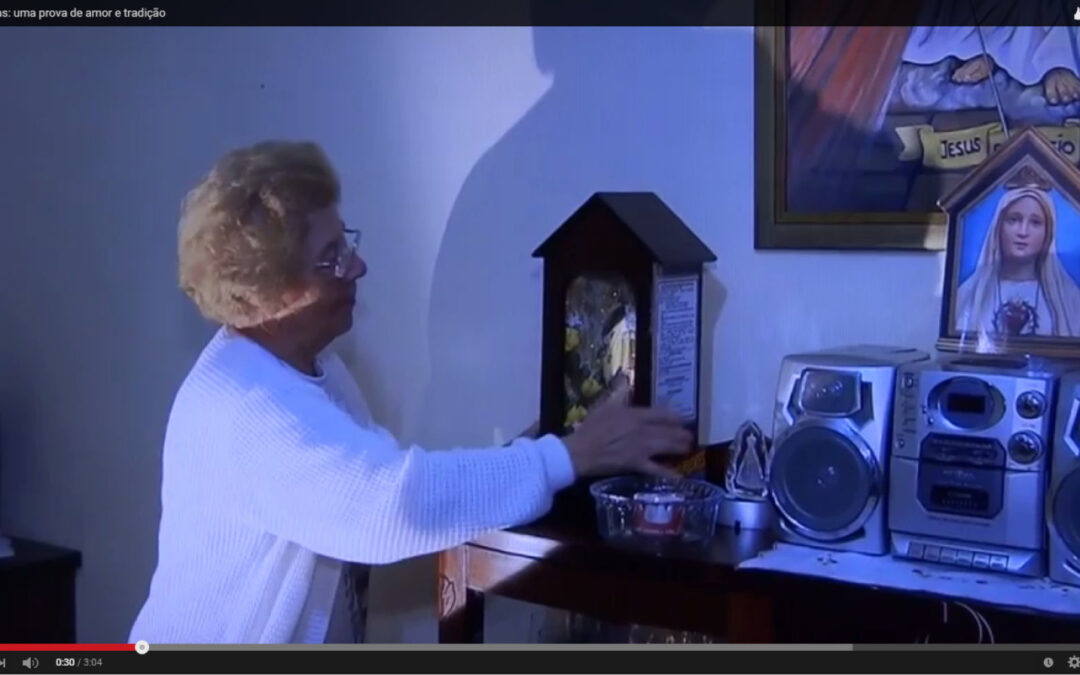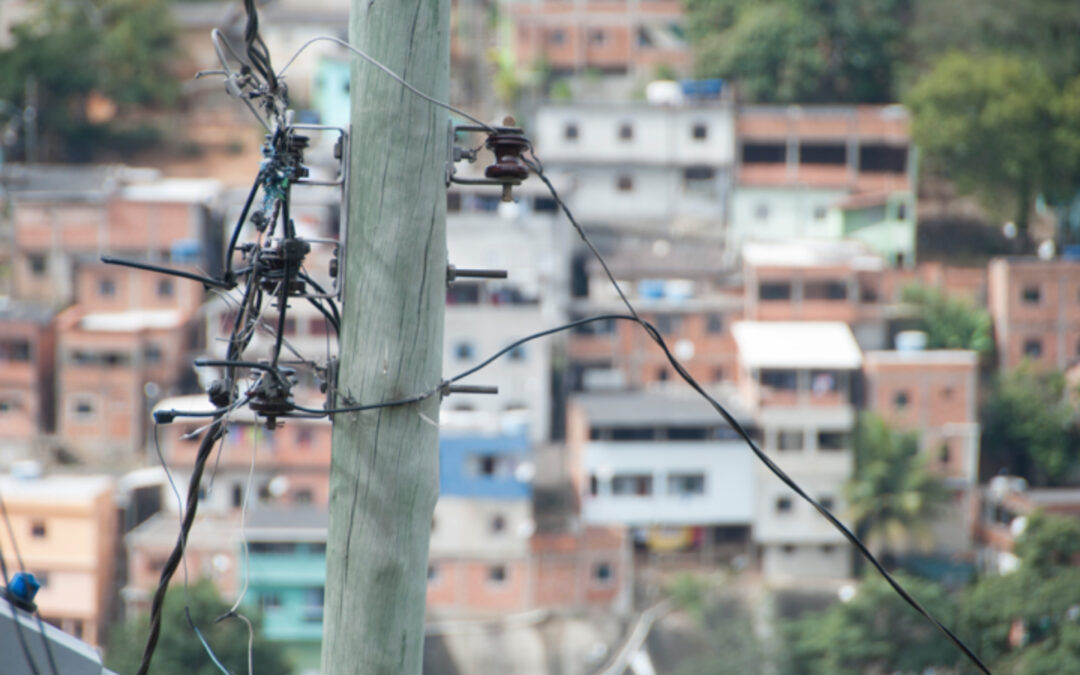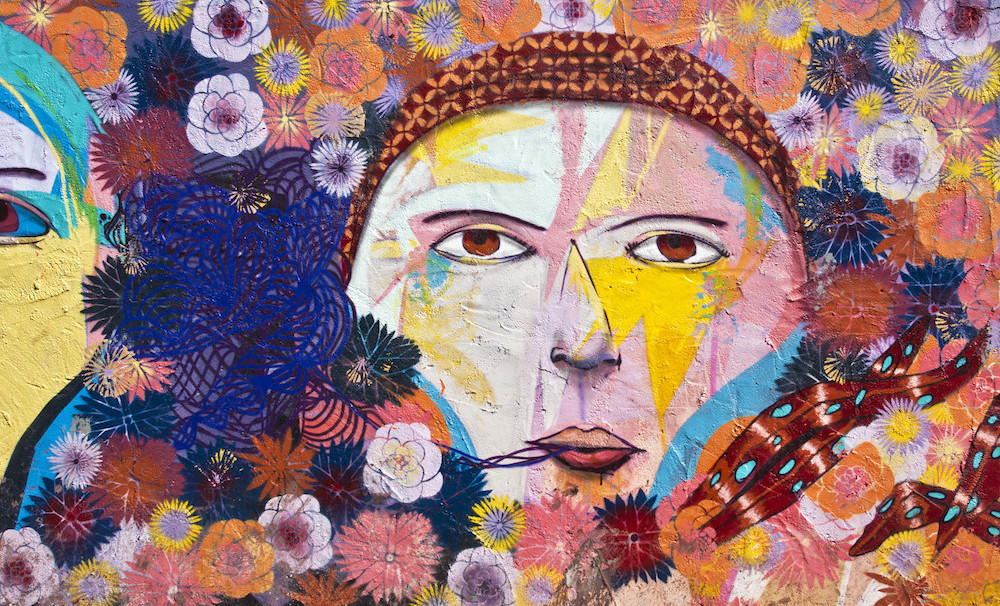PechaKucha Presentation This is a short story of when my sides of researcher and photographer met during a trip to the rural countryside of Brazil, where I went to research about internet connectivity, but ended up learning more about human relations. Photography creates connection between people,...
